
Fairlee Drive-in won’t open for season this summer
FAIRLEE — The Fairlee Drive-in’s towering film screen will remain blank this summer as owner Peter Trapp recovers from an illness.

Tree-clearing work near power lines causes Upper Valley outage
HANOVER — More than 4,600 Grafton County electricity customers lost power for about an hour and a half midday Monday, causing businesses to close and Dartmouth Hitchcock Medical Center to cancel appointments.
Sports

A Life: Larry Flint ‘just chose to focus on the positive’
NEWPORT — When Larry Flint received a liver transplant in 1991, he was told he could expect to live another seven to nine years.
 High school baseball: Windsor rebuilds while Thetford shines
High school baseball: Windsor rebuilds while Thetford shines
 Local Roundup: Mascoma baseball narrowly loses to Fall Mountain
Local Roundup: Mascoma baseball narrowly loses to Fall Mountain
 Cross Vermont Trail expands into nearby communities with connector to Lamoille Valley Rail Trail
Cross Vermont Trail expands into nearby communities with connector to Lamoille Valley Rail Trail
 Local Roundup: Lebanon hosts four-team track and field meet
Local Roundup: Lebanon hosts four-team track and field meet
Opinion

Editorial: Free speech detentions reach into Upper Valley
So now the war comes home, as wars always do. This time it’s the dirty war that the American government is waging against immigrants, international students and the rule of law. And home is the heart of the Upper Valley.
 Editorial: New Hampshire budget shortfall is a crisis of Republican design
Editorial: New Hampshire budget shortfall is a crisis of Republican design
 Editorial: Time is running out for American democracy
Editorial: Time is running out for American democracy
 Editorial: Jeanne Shaheen blazed a trail in politics
Editorial: Jeanne Shaheen blazed a trail in politics
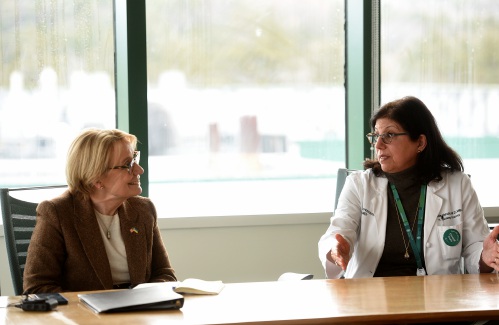 Column: Federal funding for medical research puts America first
Column: Federal funding for medical research puts America first

Your Daily Puzzles

An approachable redesign to a classic. Explore our "hints."

A quick daily flip. Finally, someone cracked the code on digital jigsaw puzzles.

Chess but with chaos: Every day is a unique, wacky board.

Word search but as a strategy game. Clearing the board feels really good.

Align the letters in just the right way to spell a word. And then more words.
Photos

A little off the top
Joel Luis and Danny Sanchez of Olsen Roofing remove shingles on a large barn last week in Orford. Built in the 1800s, the barn is getting a new roof to help preserve the building.
 Winding up a project
Winding up a project
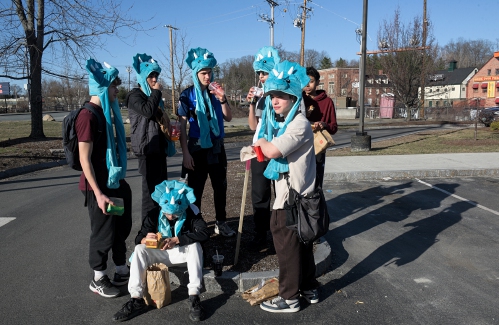 Capping a class trip
Capping a class trip
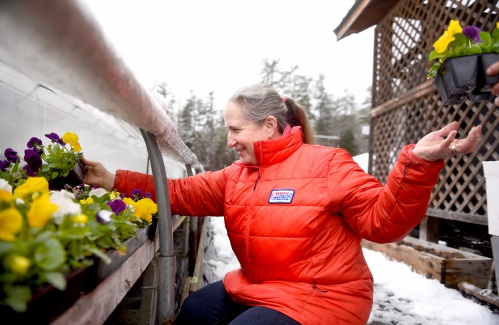 Spring into action
Spring into action
 Spring cleanup
Spring cleanup
Arts & Life

Amphibians’ migration routines are getting more difficult. These brigades are trying to help.
It’s a dark and stormy late-March night. There’s a thick layer of fog over Keene, New Hampshire. Dozens of people walk slowly down a road that curls around the Woodland Cemetery, back and forth, flashlights in hand, eyes trained on the pavement.
 Art Notes: Two Upper Valley events to feature video game soundtracks
Art Notes: Two Upper Valley events to feature video game soundtracks
 Sandra Oh to speak at Dartmouth graduation
Sandra Oh to speak at Dartmouth graduation
 Roman Catholics mourn Pope Francis
Roman Catholics mourn Pope Francis
 A timeline of events in the rebuilding of Lebanon’s Baptist church
A timeline of events in the rebuilding of Lebanon’s Baptist church
Obituaries
 Merton M. Young
Merton M. Young
Quechee, VT - Merton M. Young, age 88, passed Wednesday, February 19, 2025. Burial will take place at 1pm on Tuesday, May 6, 2025 in the Hilltop Cemetery in Quechee, VT with full military honors. Knight Funeral Home has been entrust... remainder of obit for Merton M. Young
 William Franklin
William Franklin
William "Bill" Franklin West Salem, OH - William Frederick "Bill" Franklin III, 78, passed away peacefully while tending to his beloved sheep at his home in West Salem on Wednesday, April 23, 2025. Bill was born on September 28, 1946, i... remainder of obit for William Franklin
 Barbara Elliott
Barbara Elliott
Ryegate, VT - Barbara Elliot , age 79, passed Saturday, December 14, 2024. Burial will be on Thursday, May 15, 2025, at 10:00 AM at the Ladd Street Cemetery in Haverhill, NH. www.rickerfh.com ... remainder of obit for Barbara Elliott
 Barbara Thornton
Barbara Thornton
Woodsville, NH - Barbara Thornton, age 86, passed Sunday, January 26, 2025. The interment will be in the spring on Friday May 23, 2025, at 1PM at Town House Cemetery, Scotch Hollow Rd, Newbury Center, VT. www.rickerfh.com ... remainder of obit for Barbara Thornton


 Grantham superintendent resigning to become EMT amid rising political attacks on schools
Grantham superintendent resigning to become EMT amid rising political attacks on schools
 Lebanon seeks public input on city manager search
Lebanon seeks public input on city manager search
 Residents disappointed Canaan’s Goose Pond won’t be full in time for summer
Residents disappointed Canaan’s Goose Pond won’t be full in time for summer
 Longtime Indian River School principal retires; replacement returning from Cornish
Longtime Indian River School principal retires; replacement returning from Cornish
 Epsom lawmaker proposes slot machines in restaurants and bars to boost state revenue
Epsom lawmaker proposes slot machines in restaurants and bars to boost state revenue
 New Hampshire speech creates presidential buzz for Illinois governor
New Hampshire speech creates presidential buzz for Illinois governor
 Lebanon to close street, block parking to allow outdoor dining
Lebanon to close street, block parking to allow outdoor dining
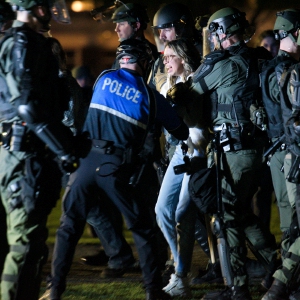 Kenyon: A year later, effects of mass arrests at Dartmouth linger
Kenyon: A year later, effects of mass arrests at Dartmouth linger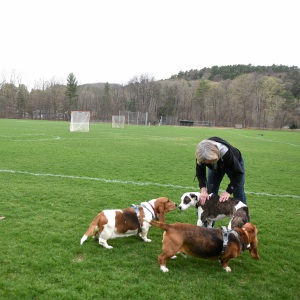 Proposed dog ordinance sparks controversy in Norwich
Proposed dog ordinance sparks controversy in Norwich 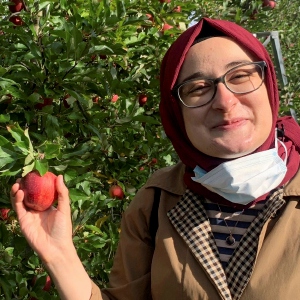 Editorial: Vermont judge defends free speech
Editorial: Vermont judge defends free speech  Out & About: Fairlee church to host walk for peace on World Labyrinth Day
Out & About: Fairlee church to host walk for peace on World Labyrinth Day

